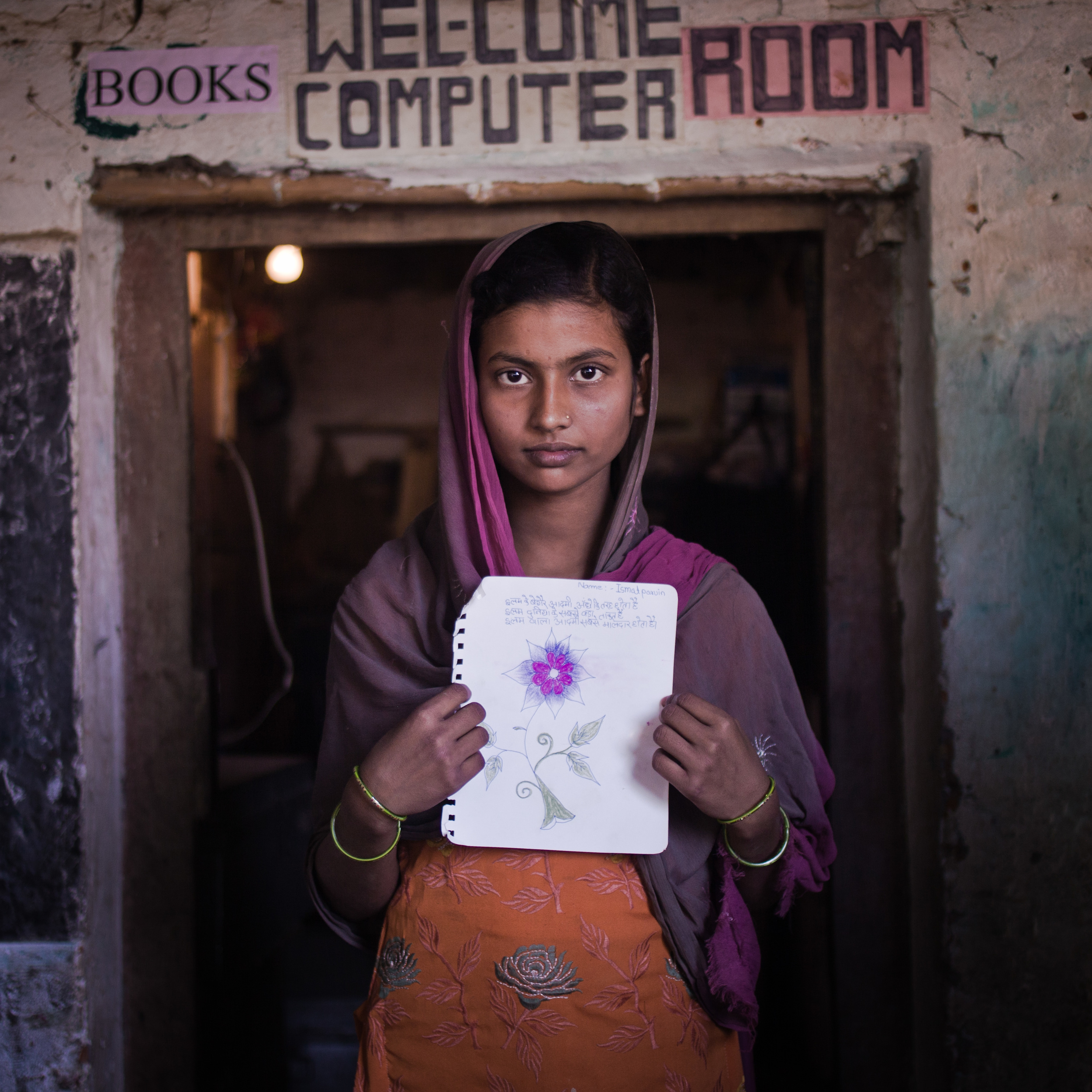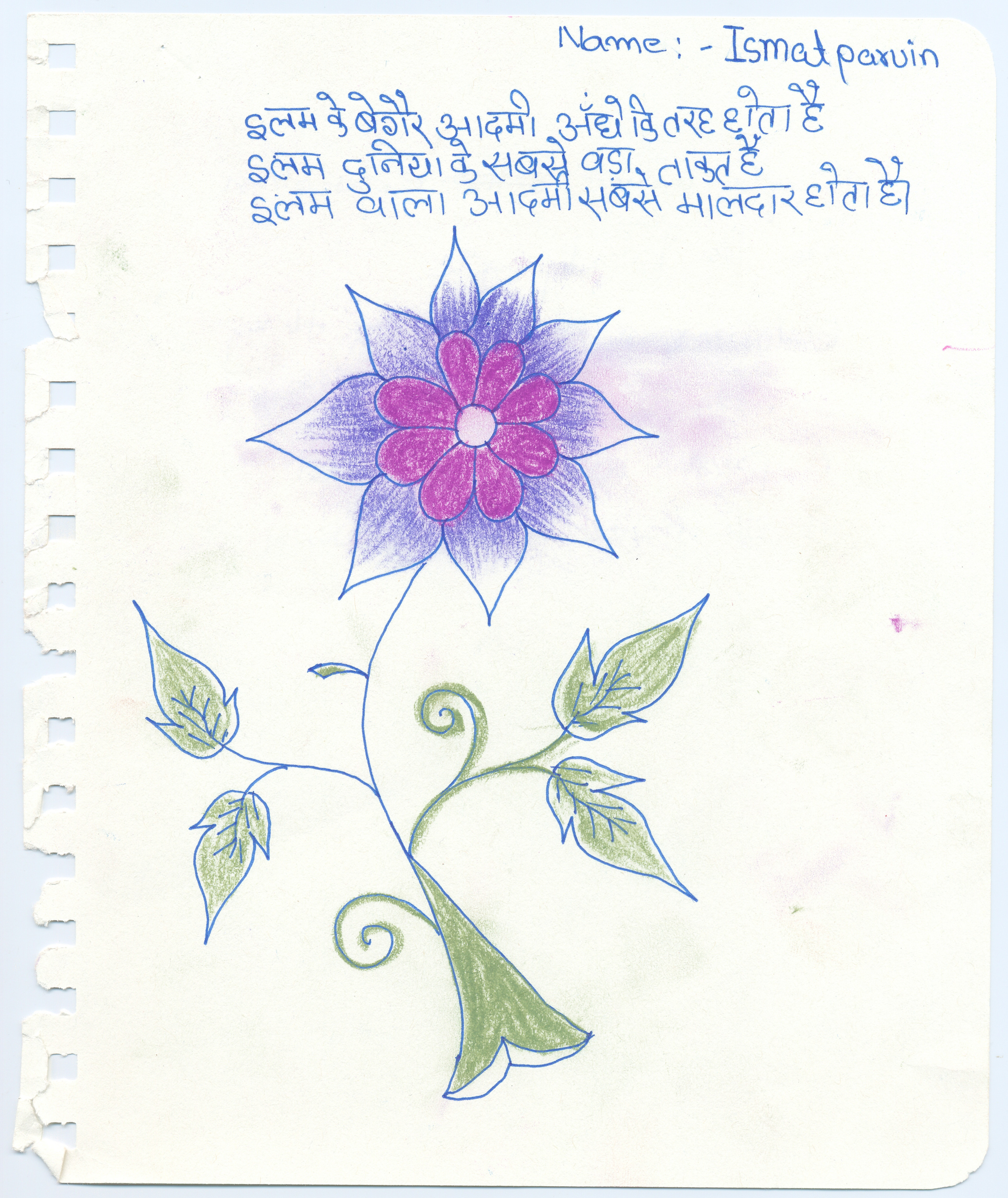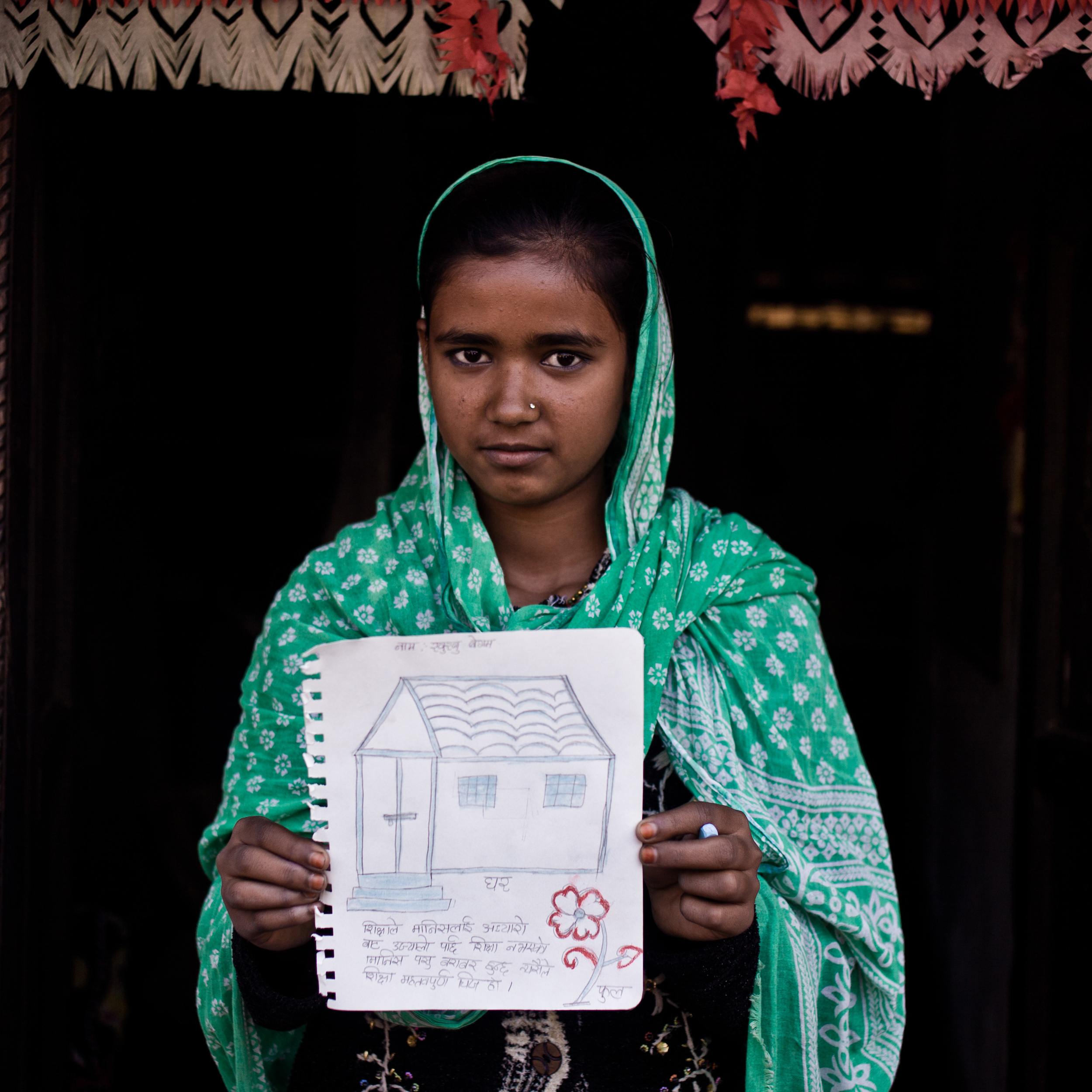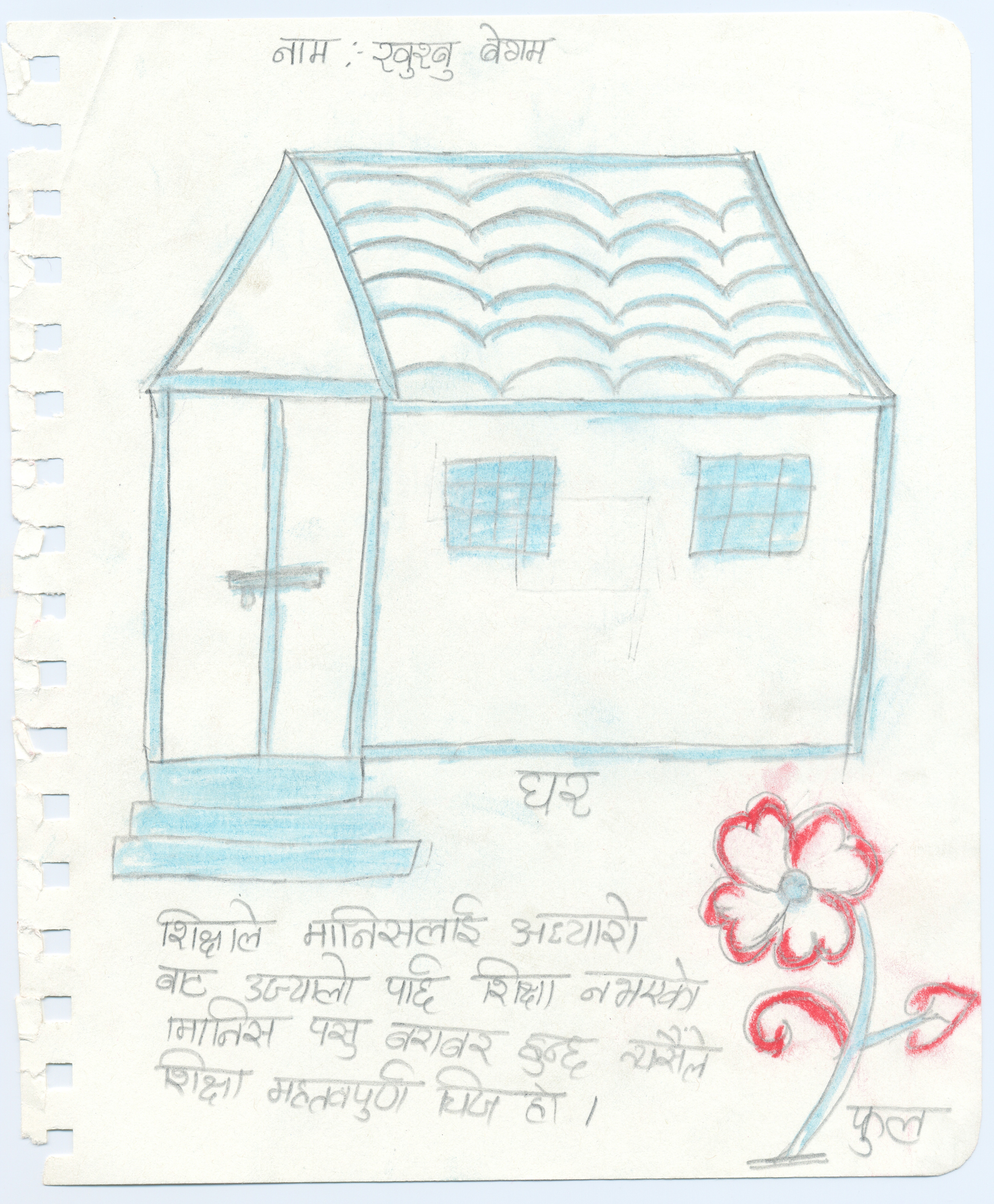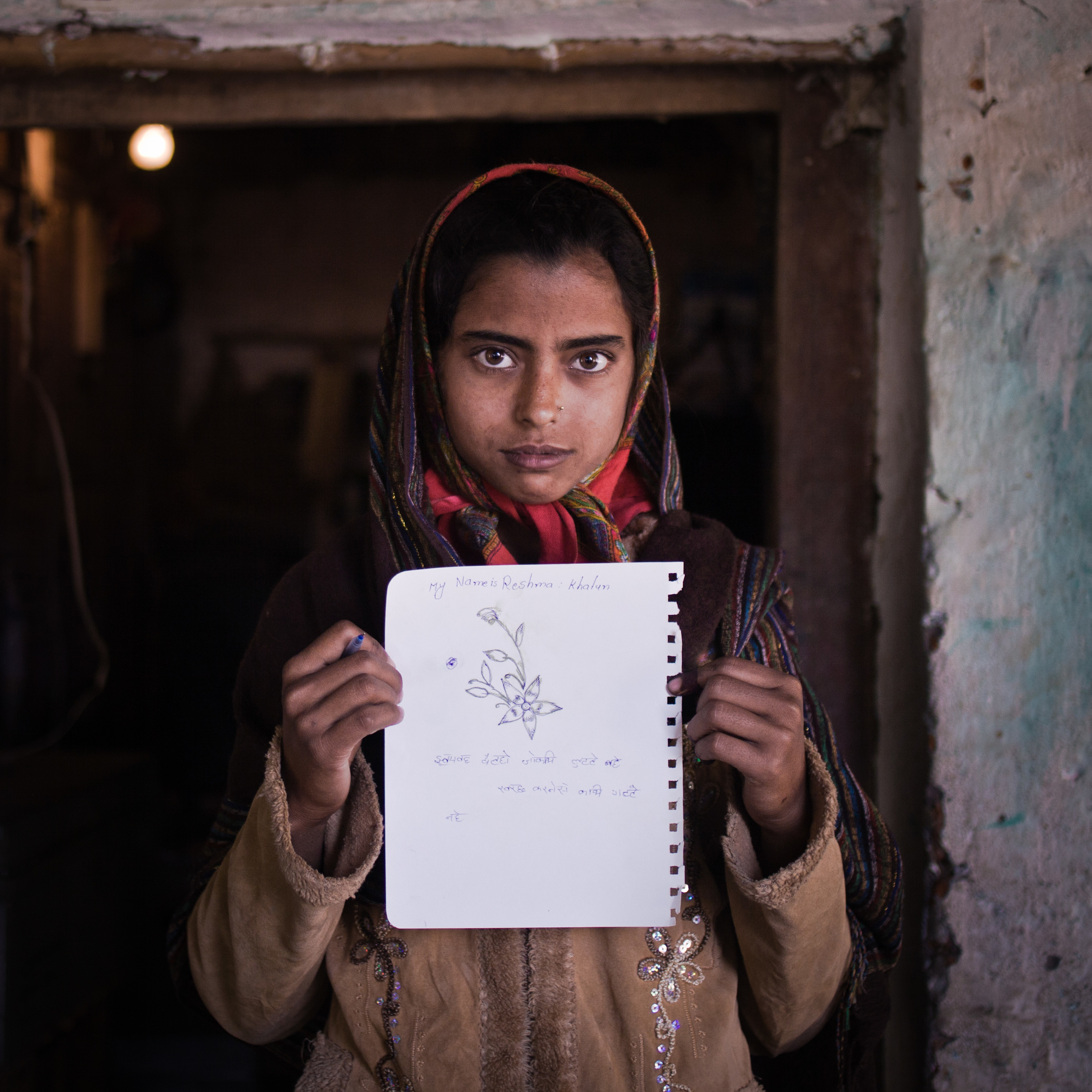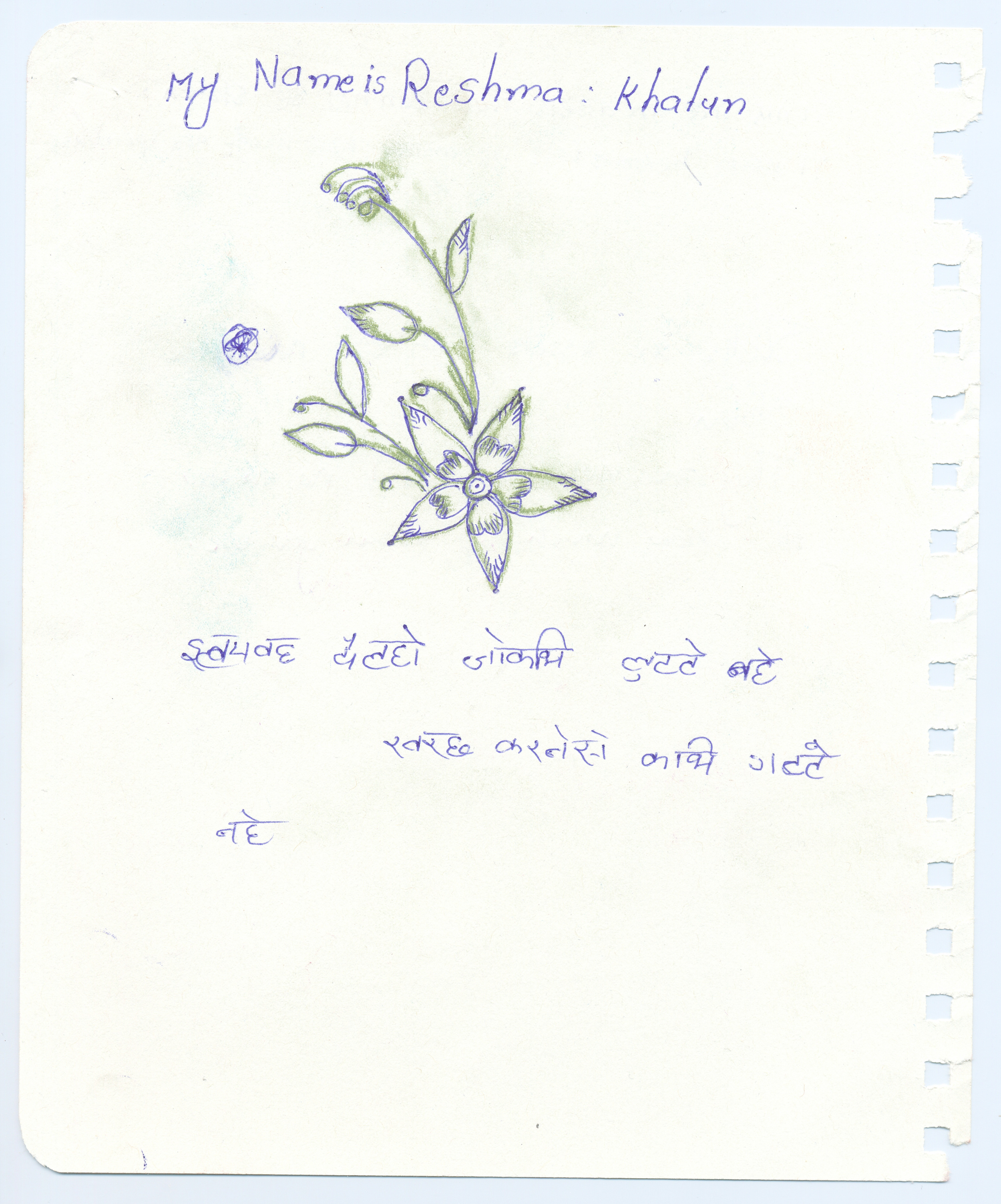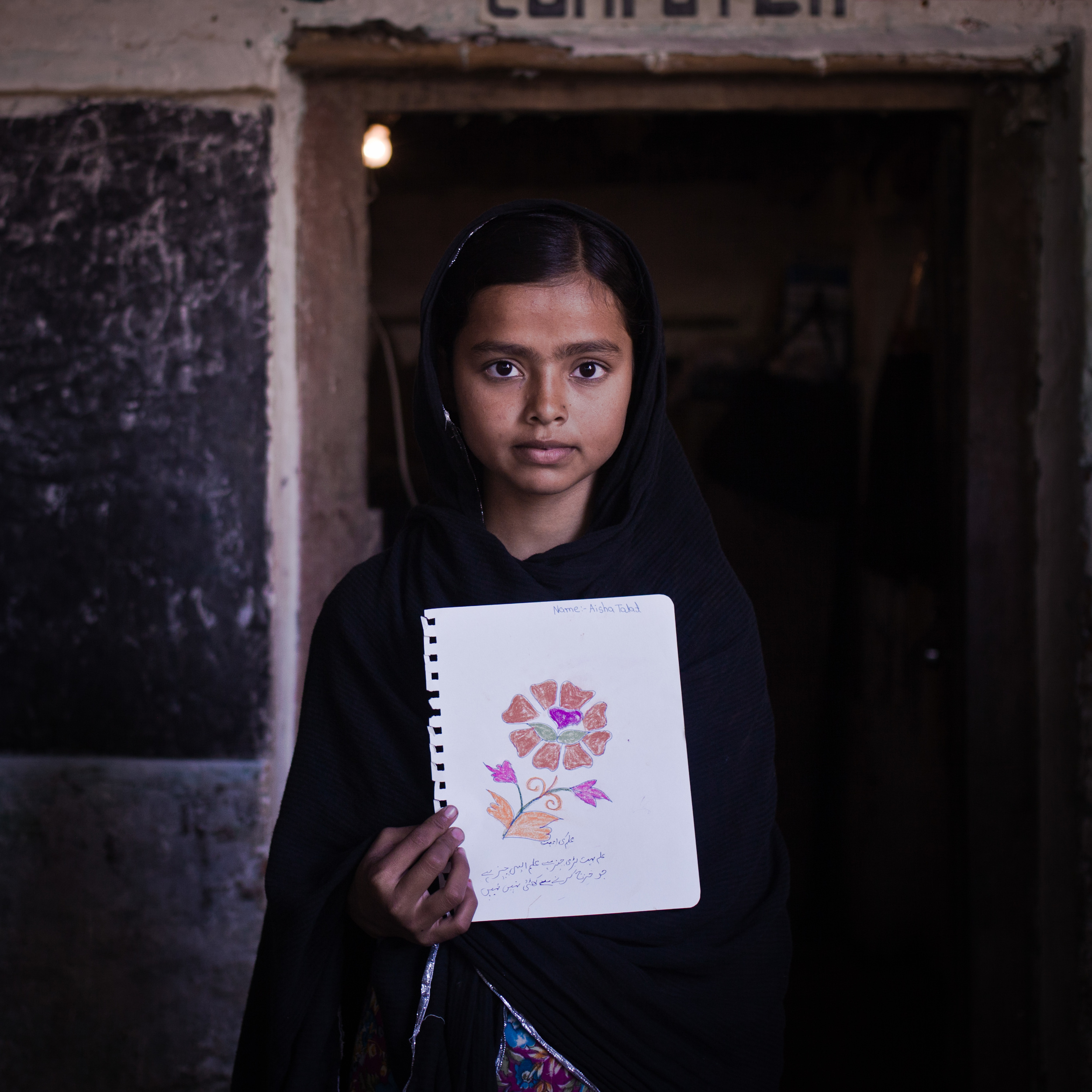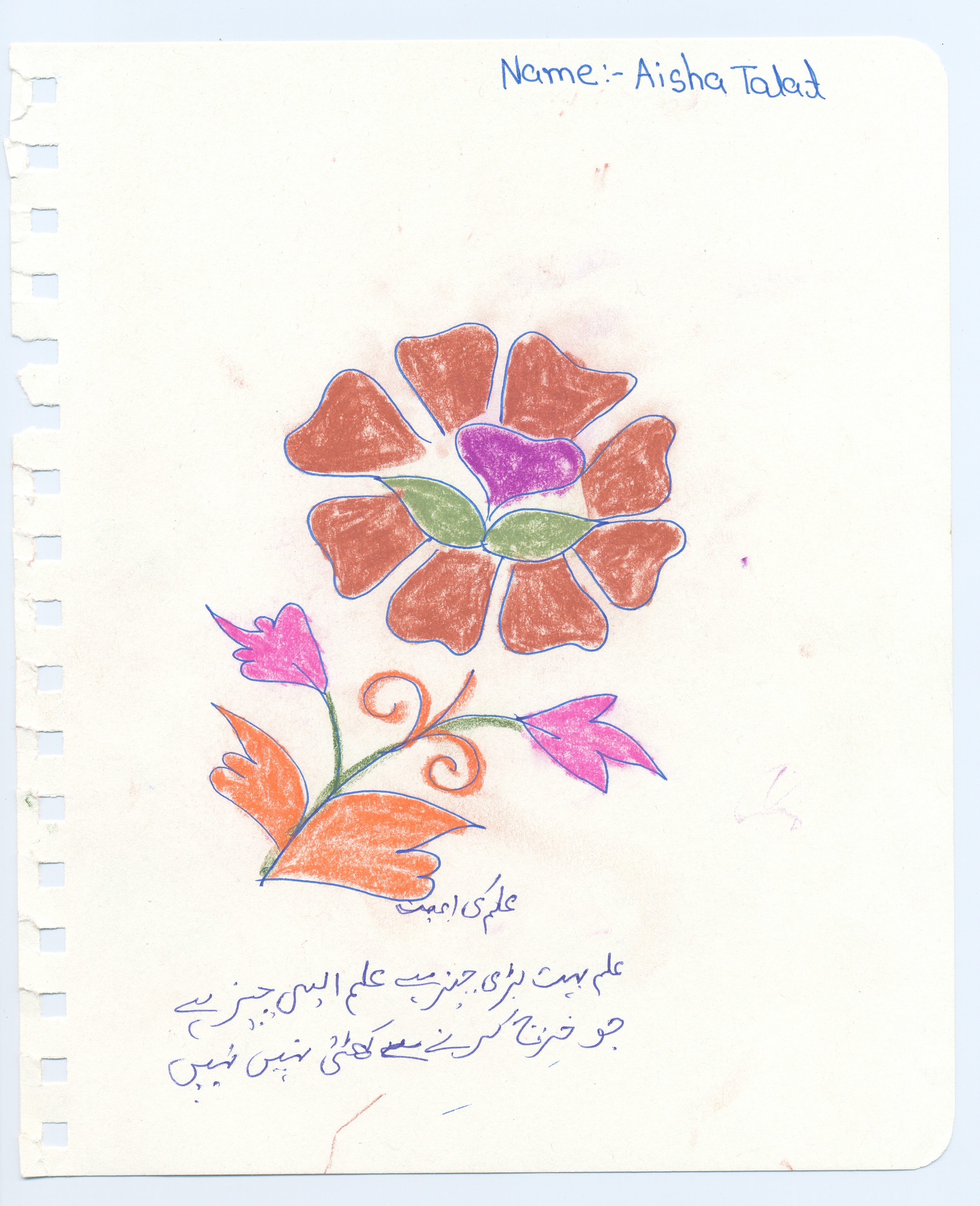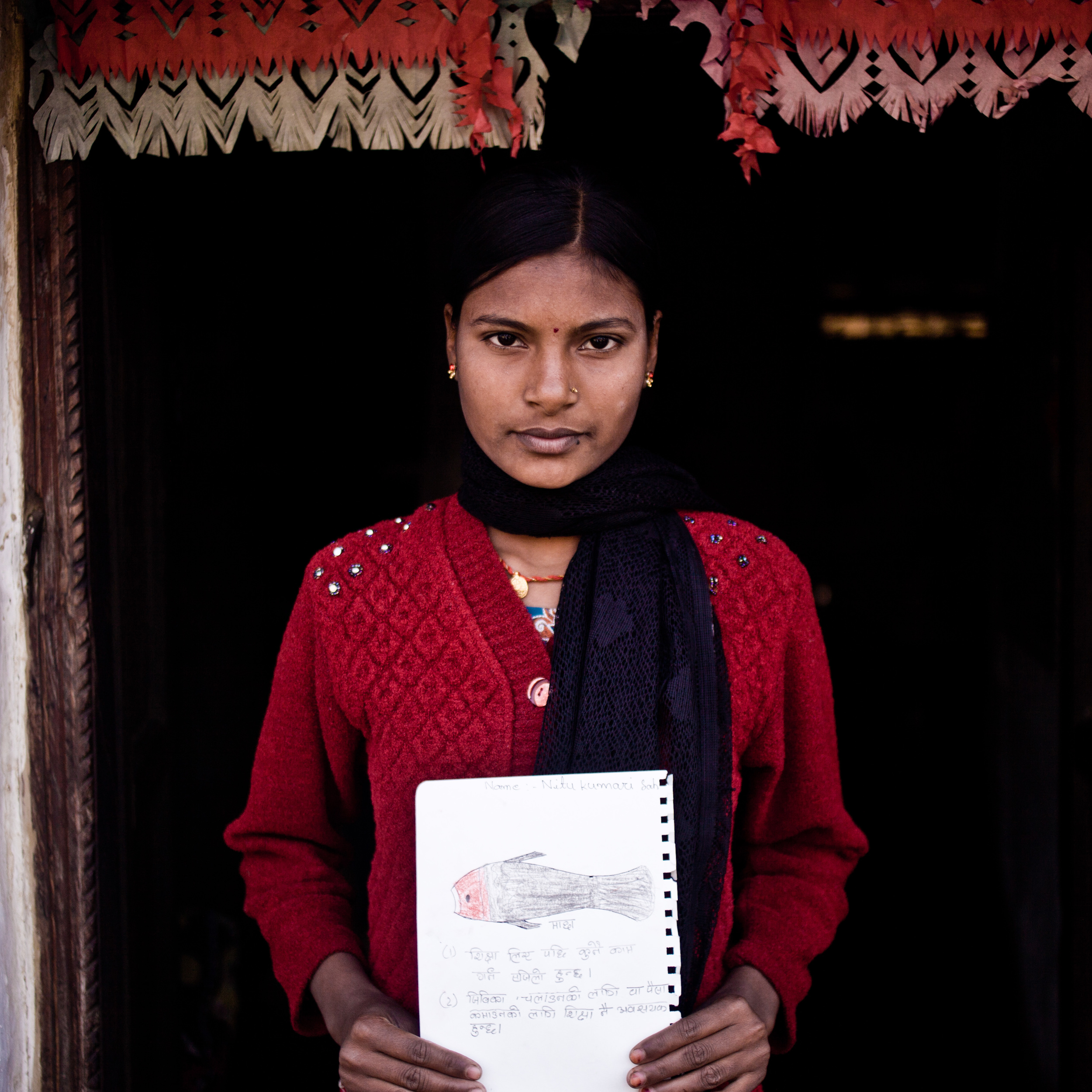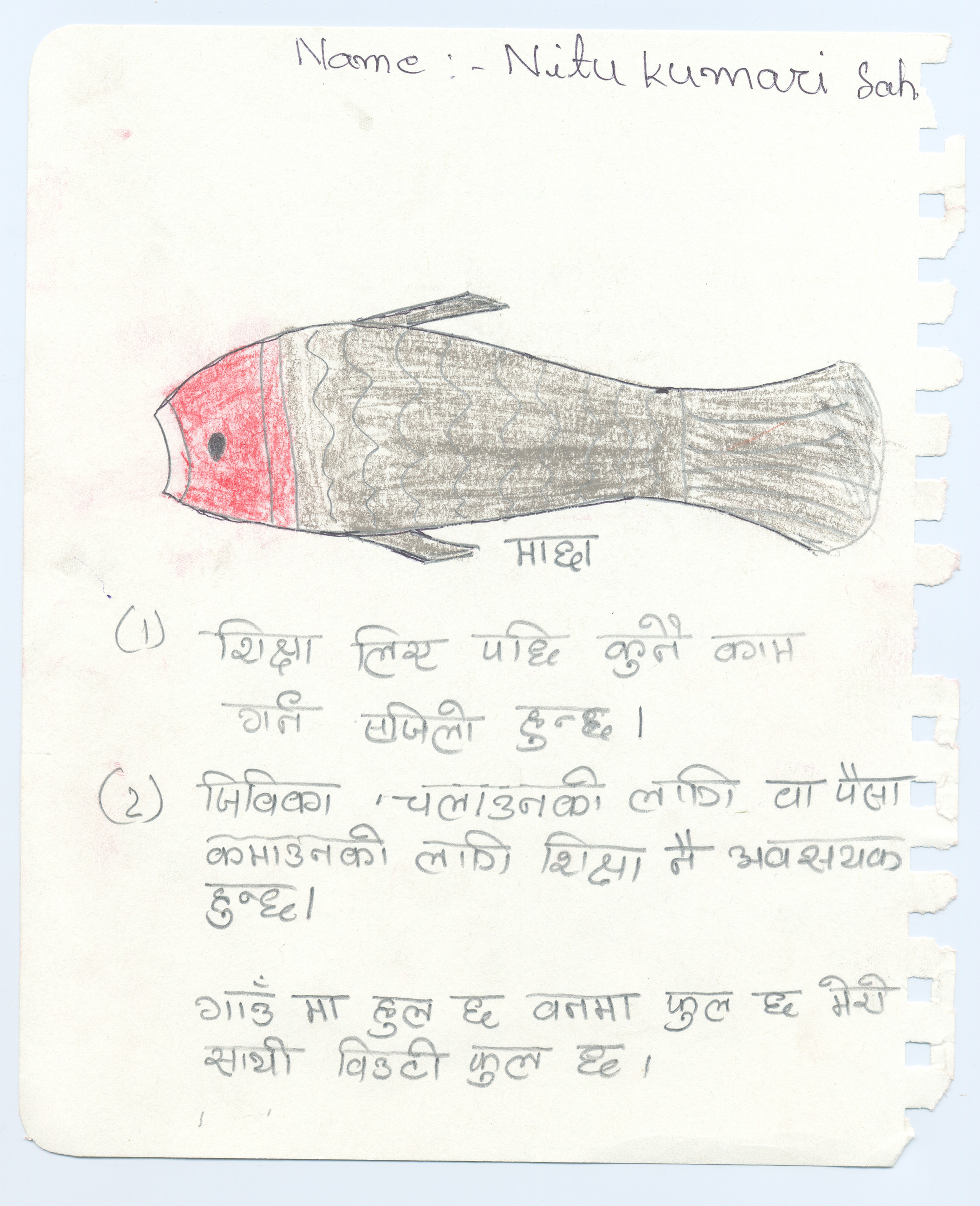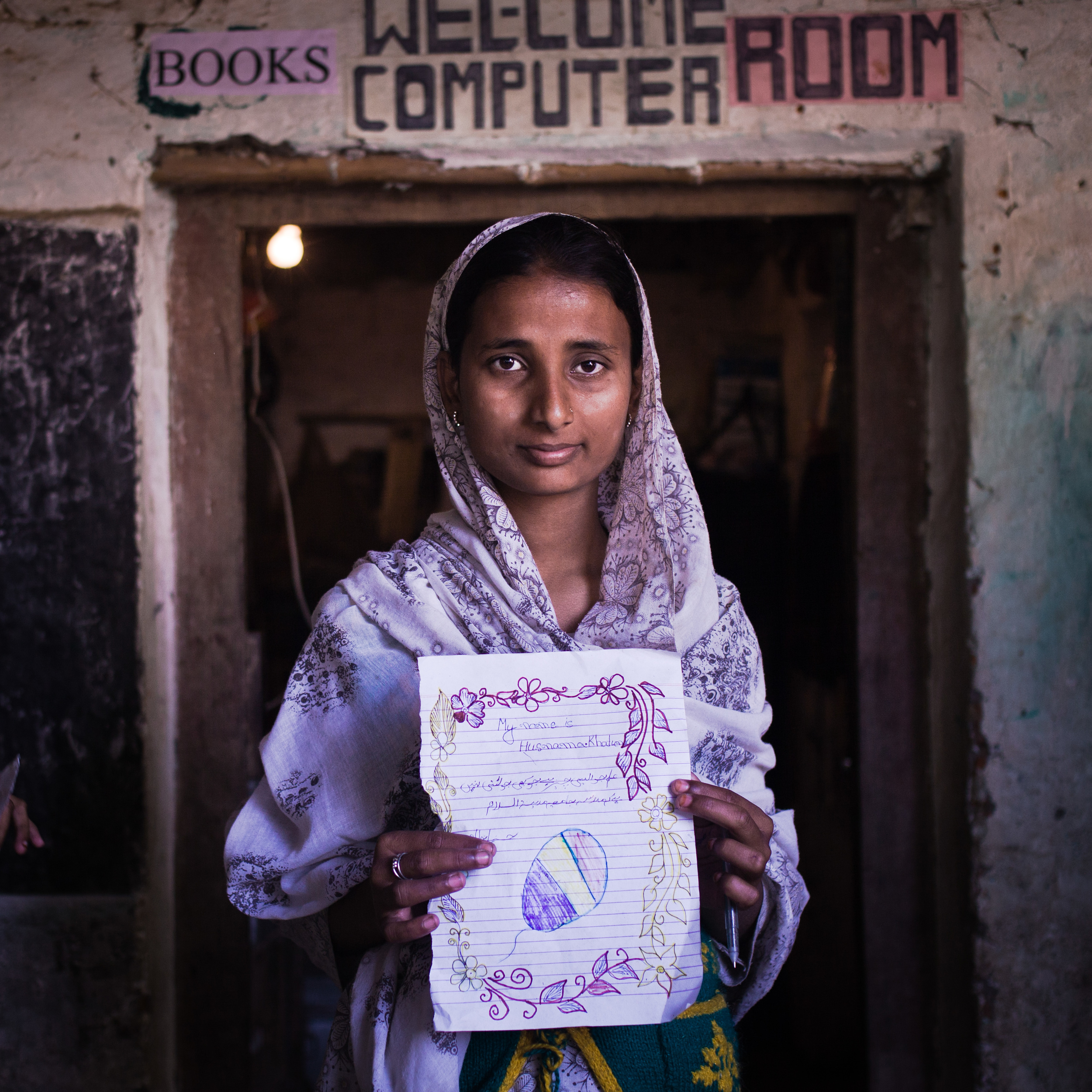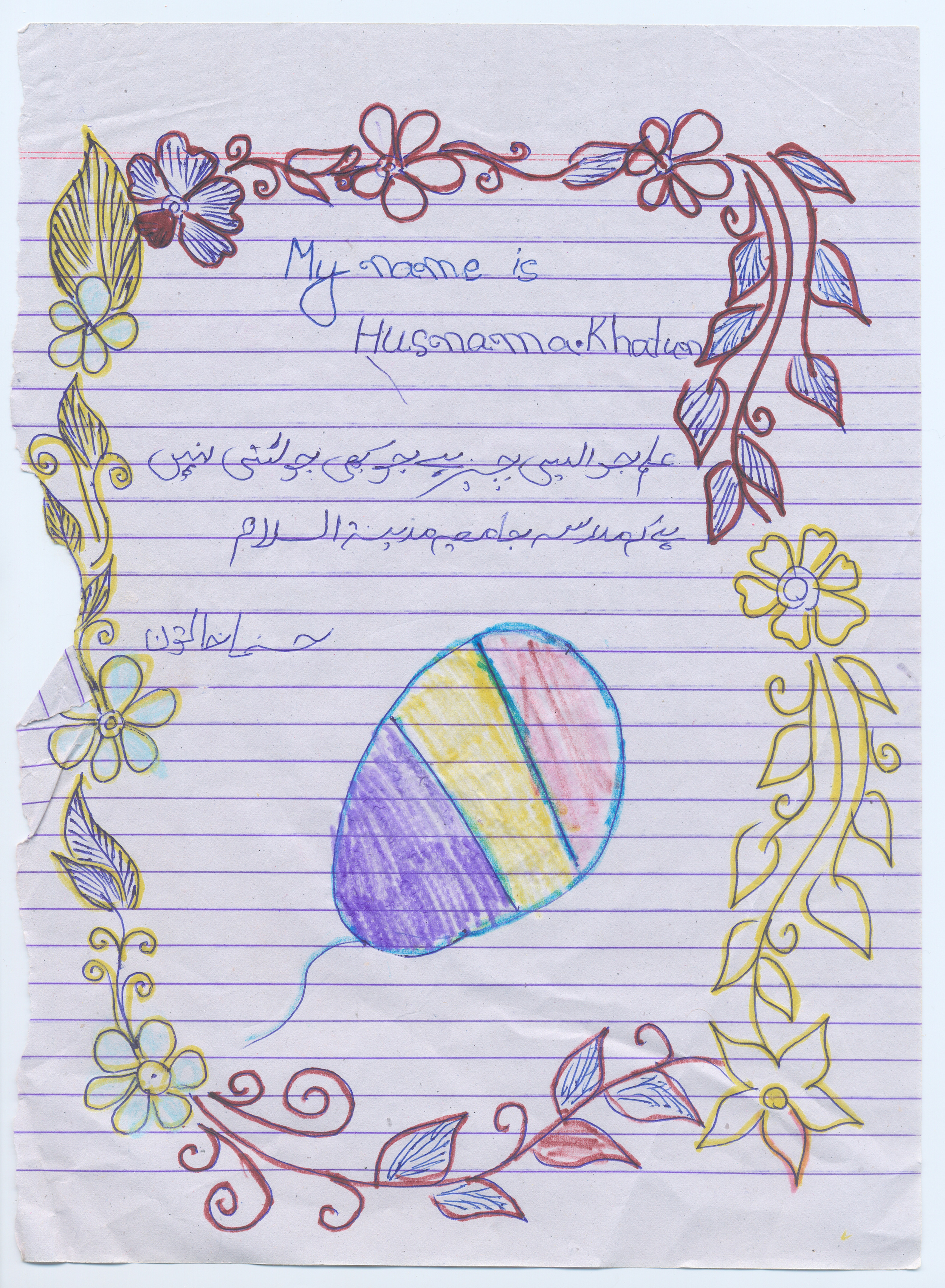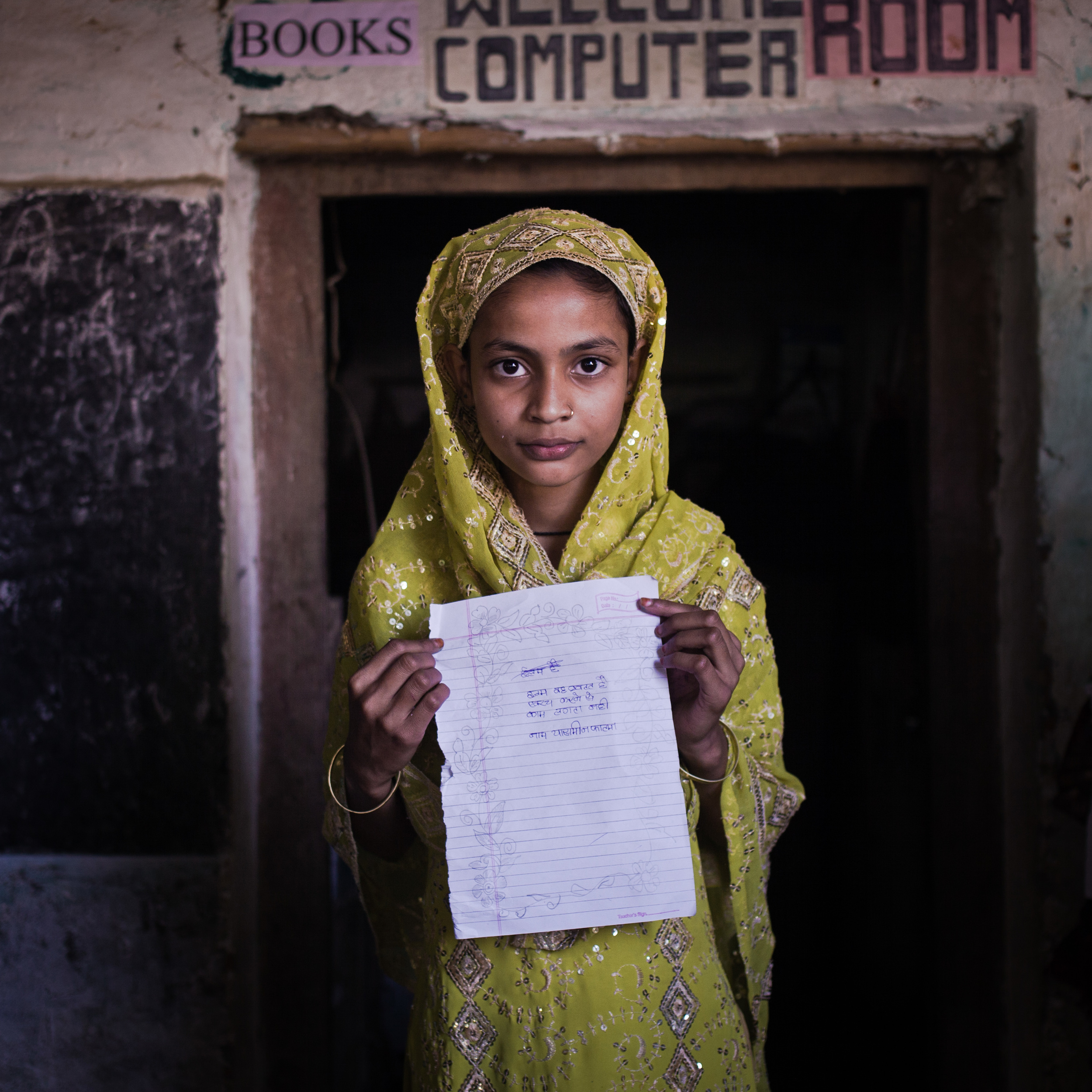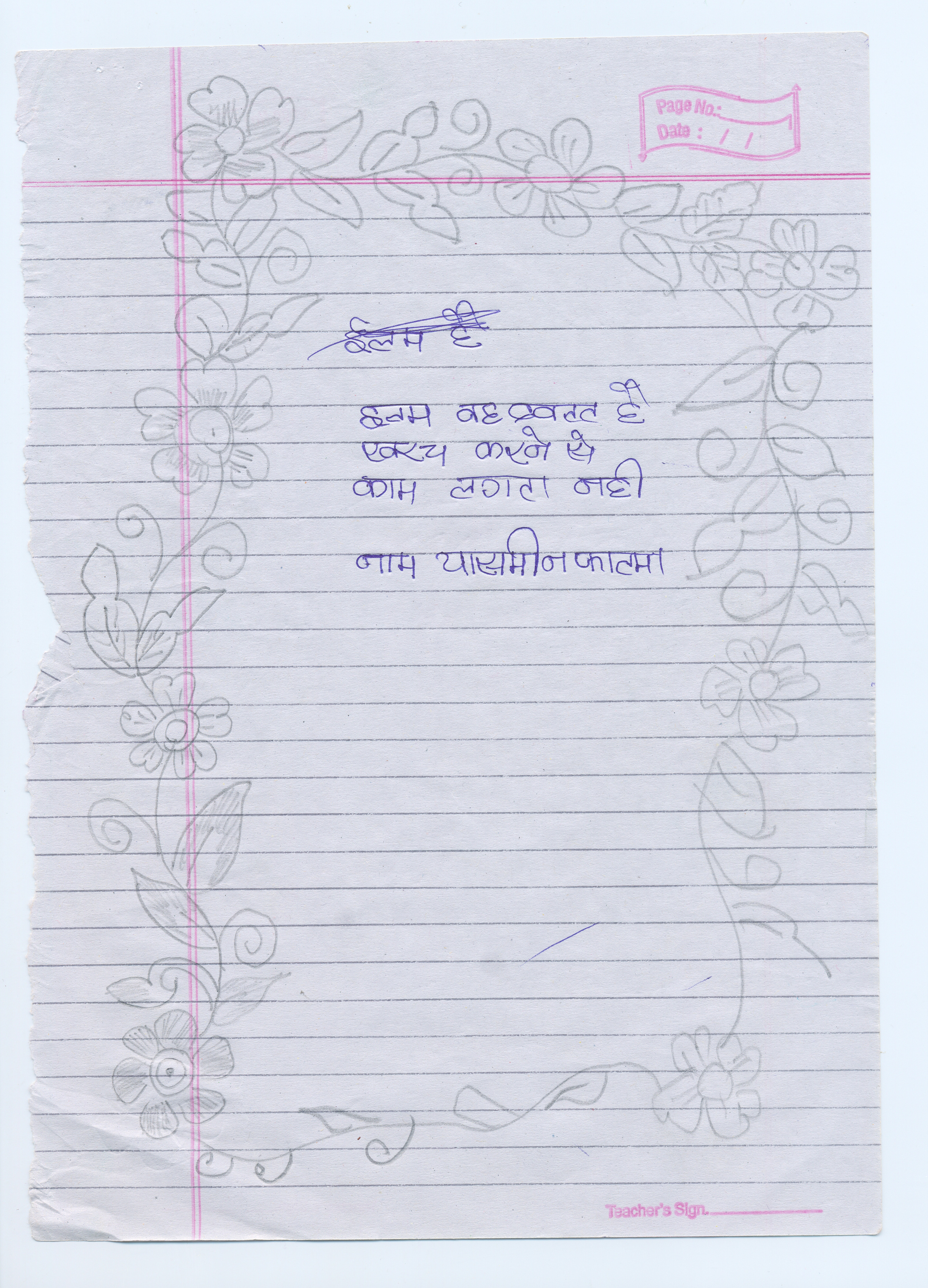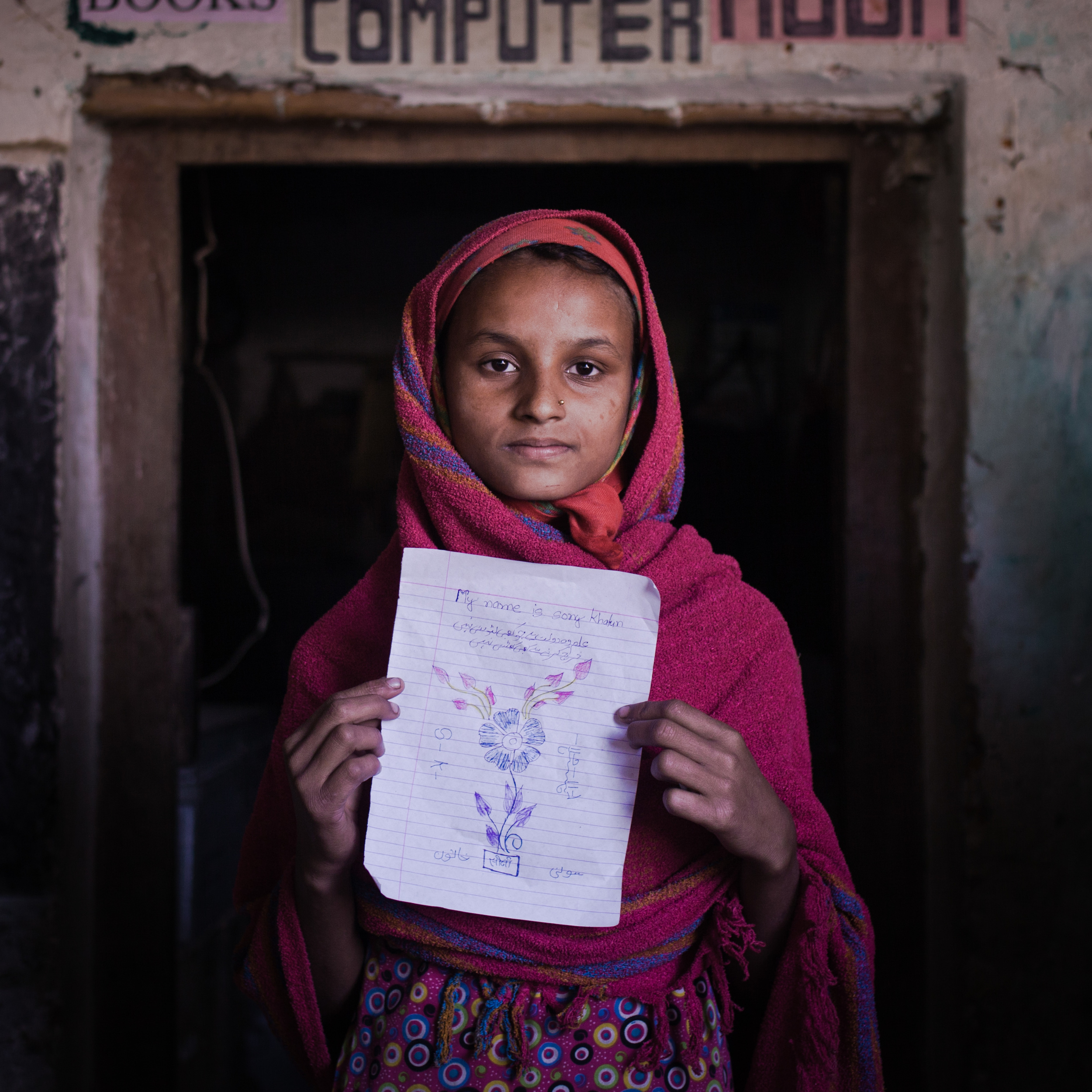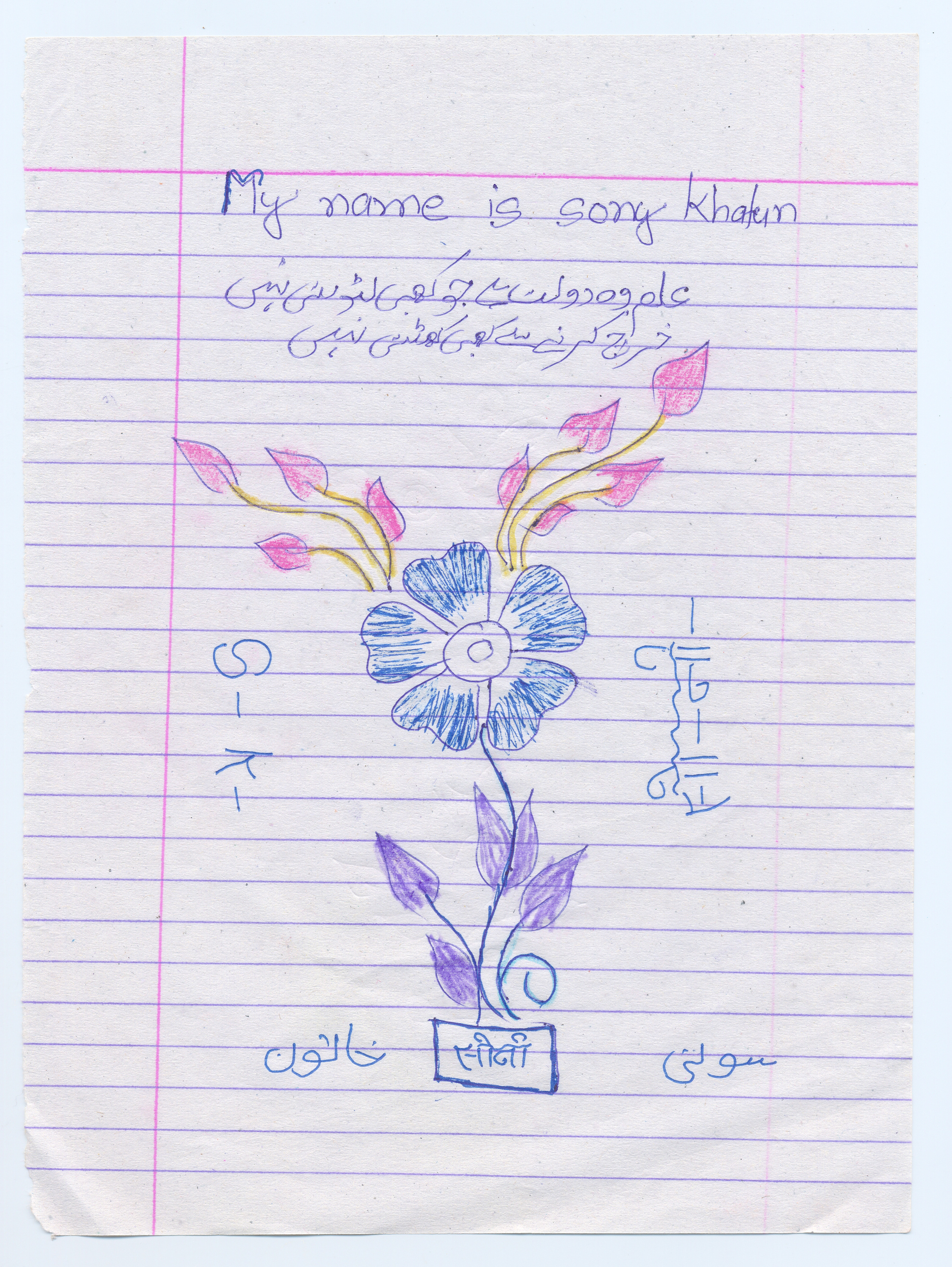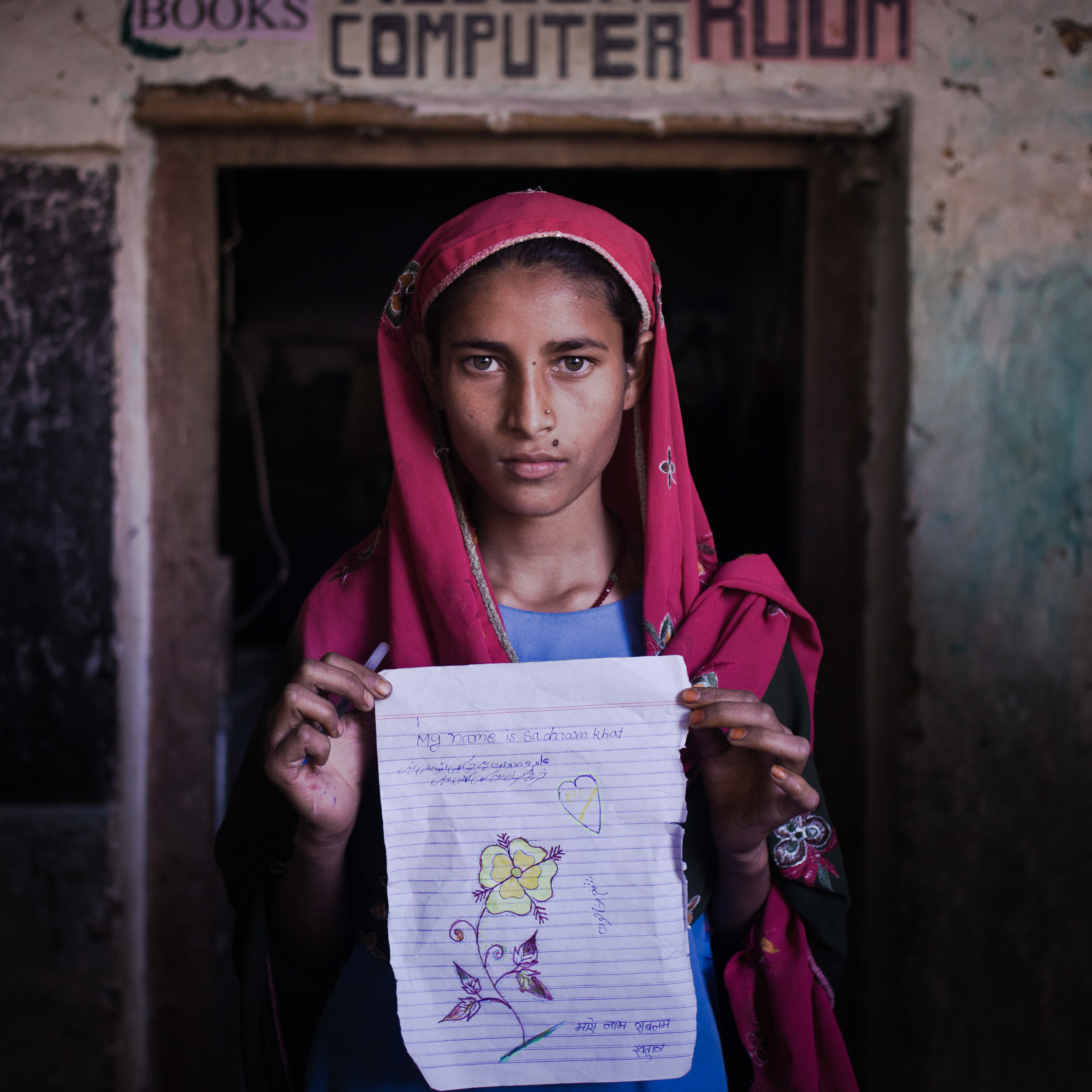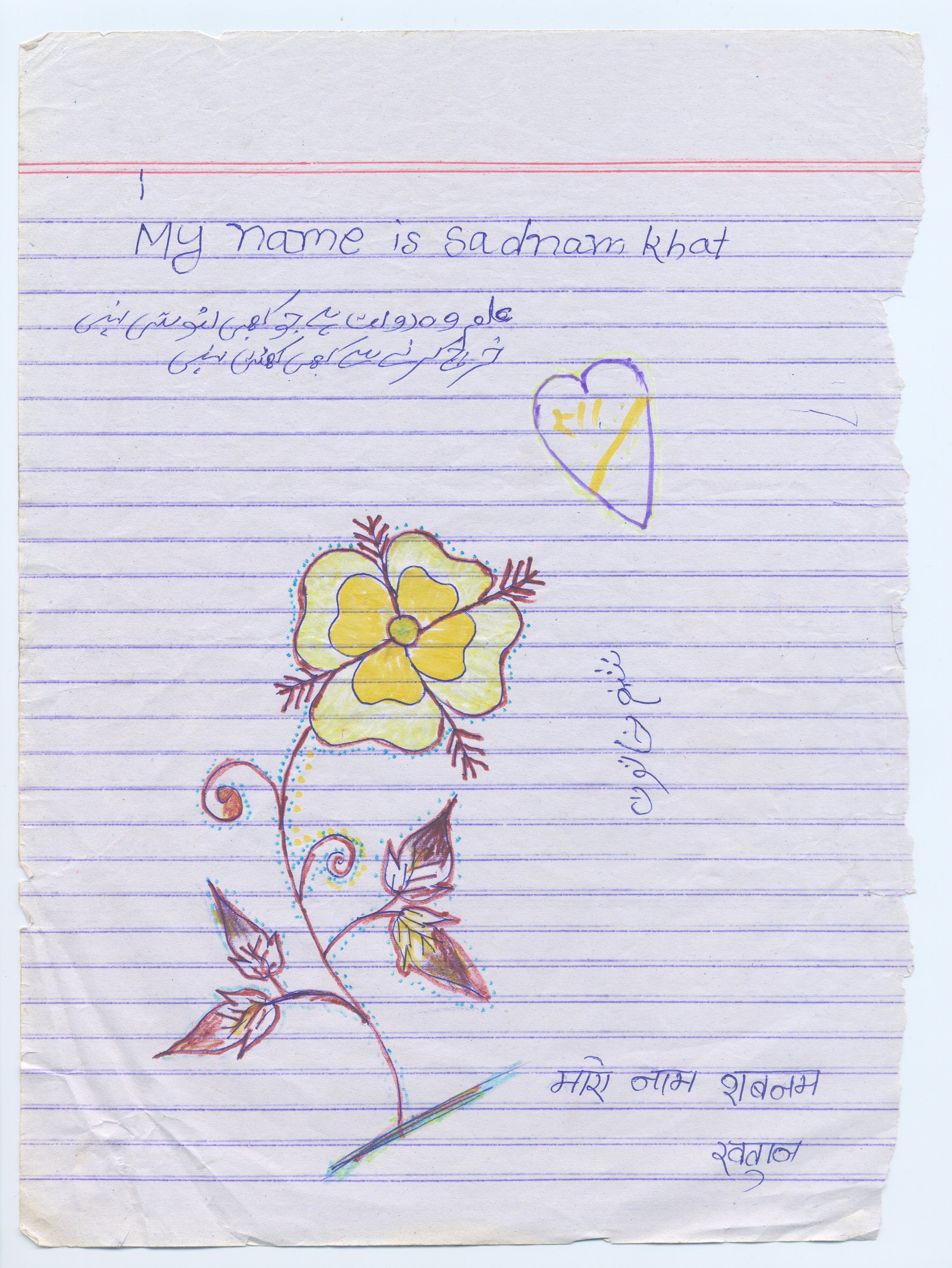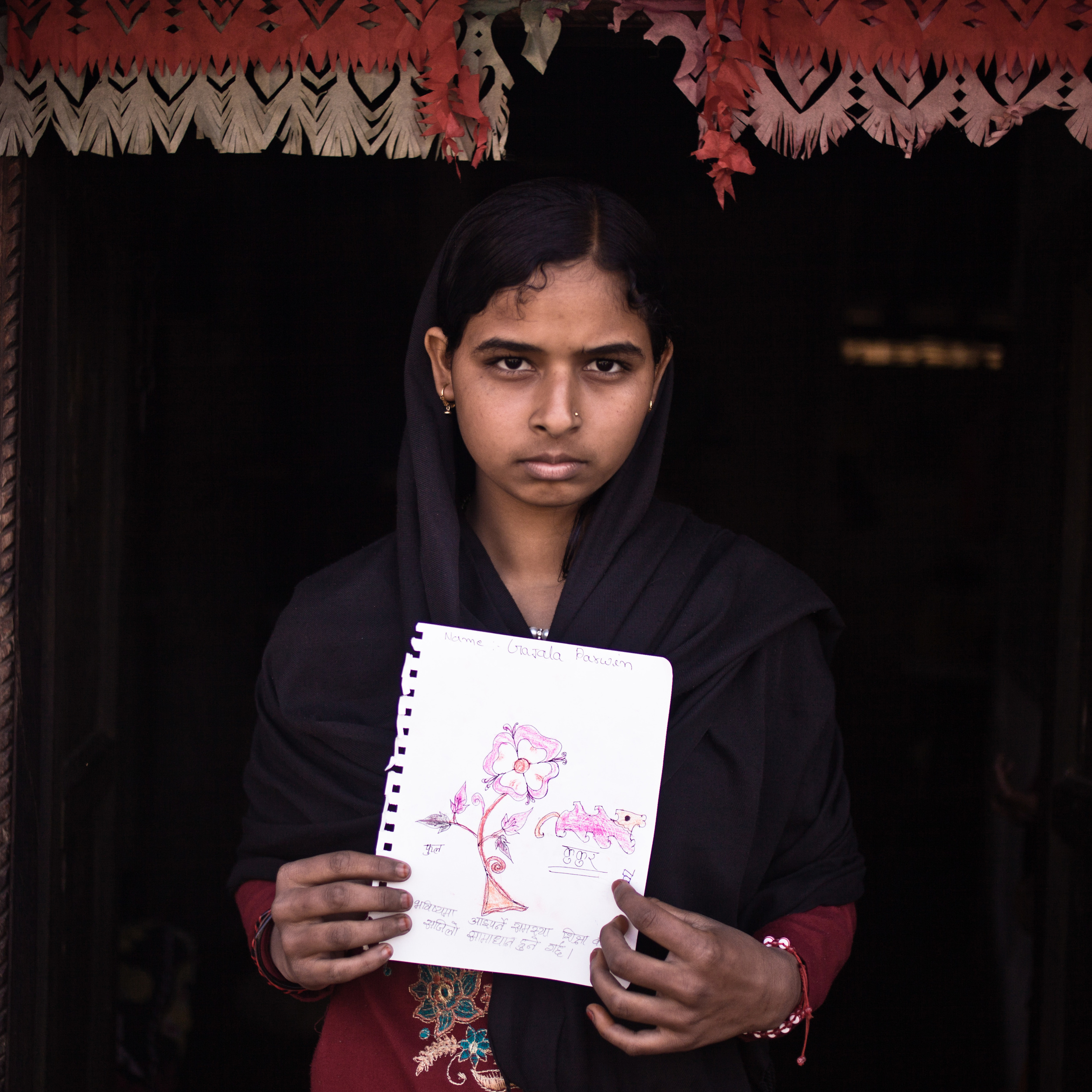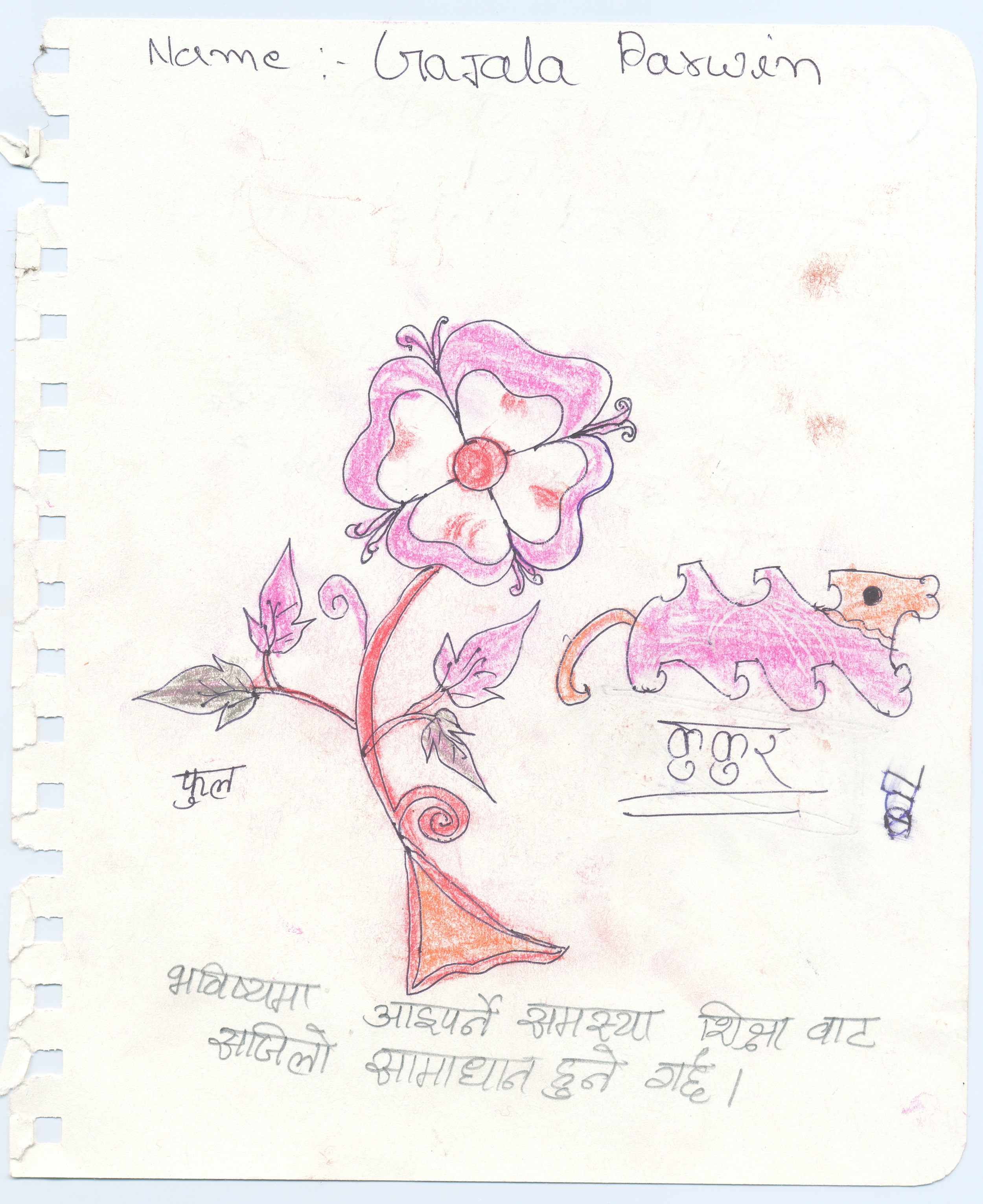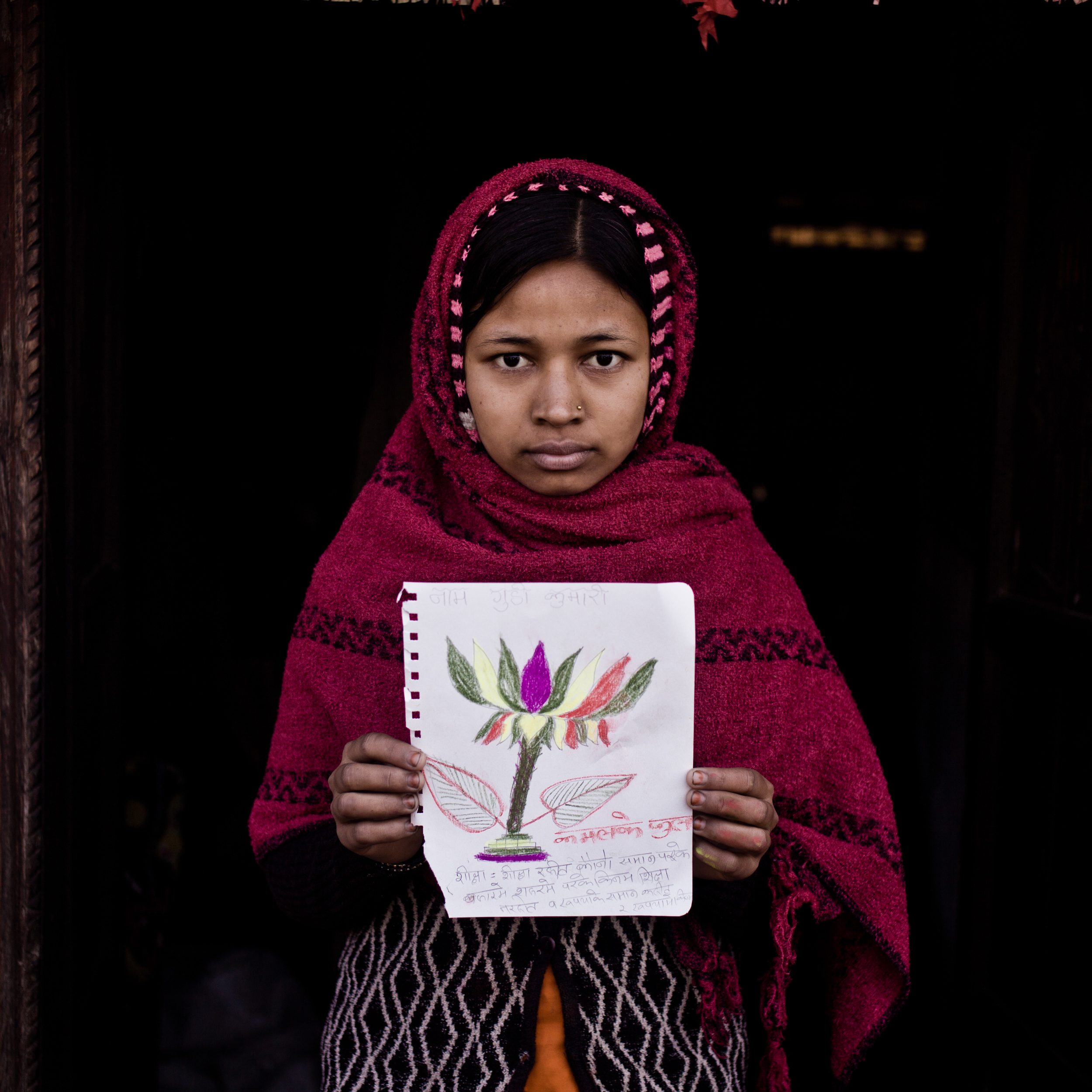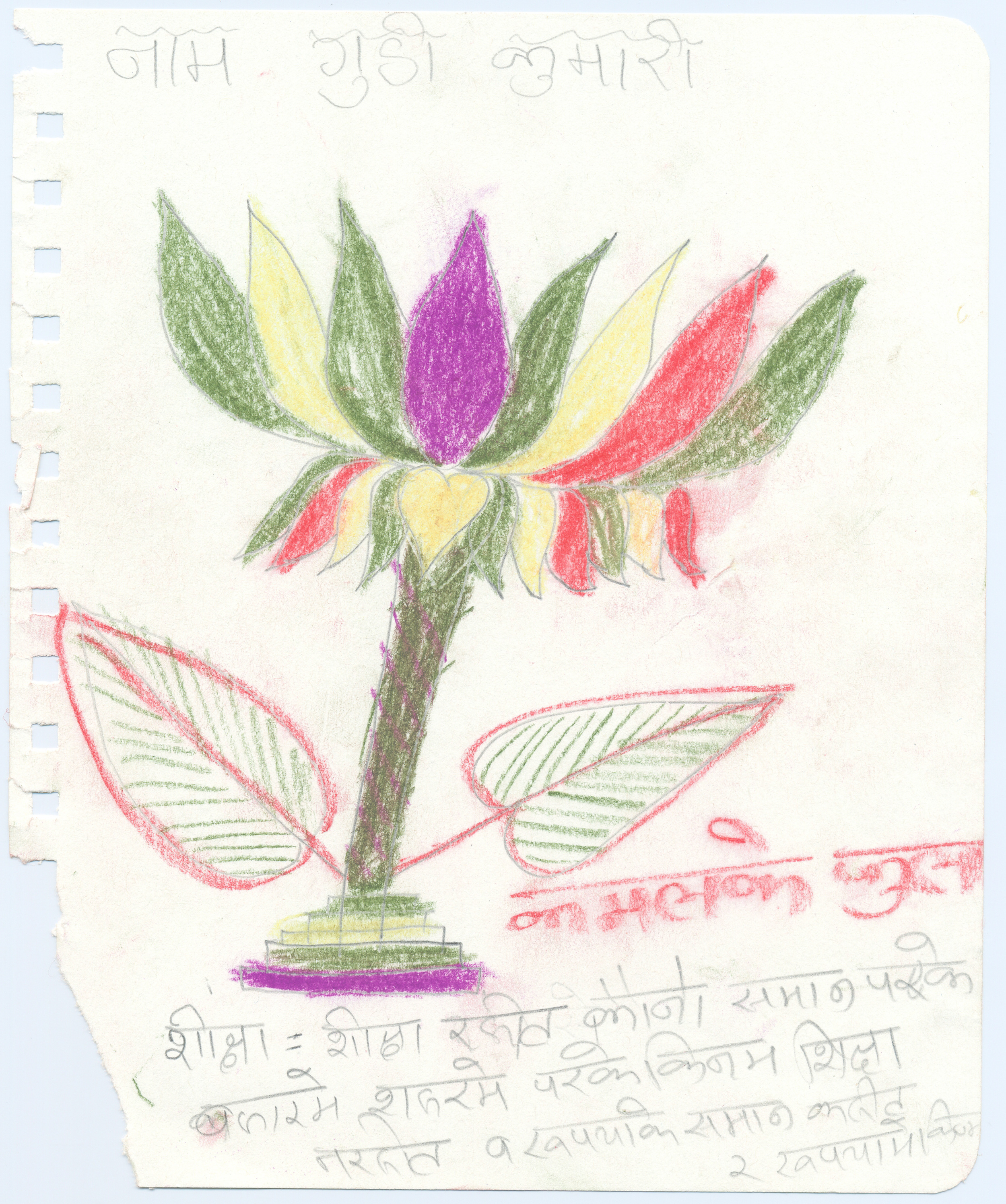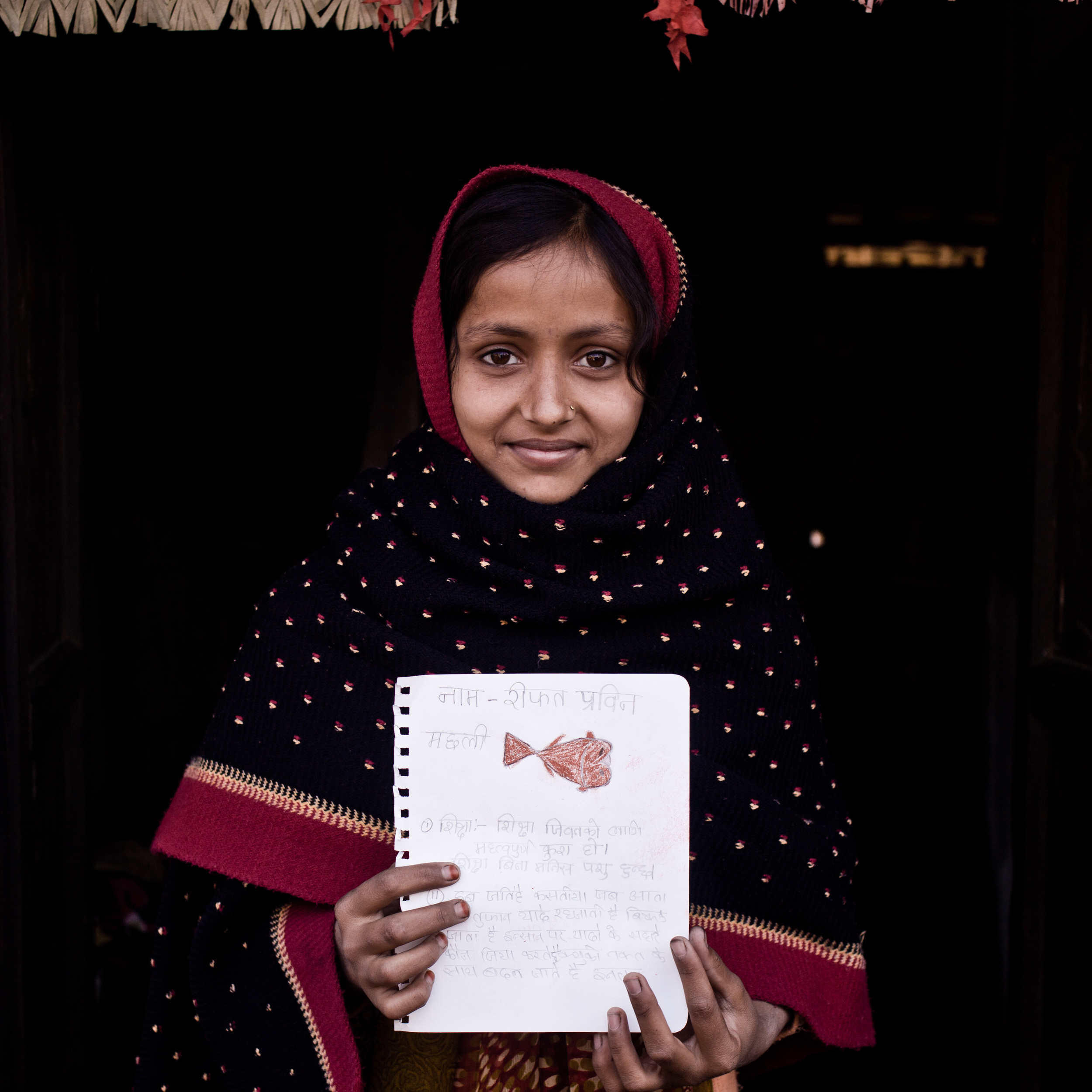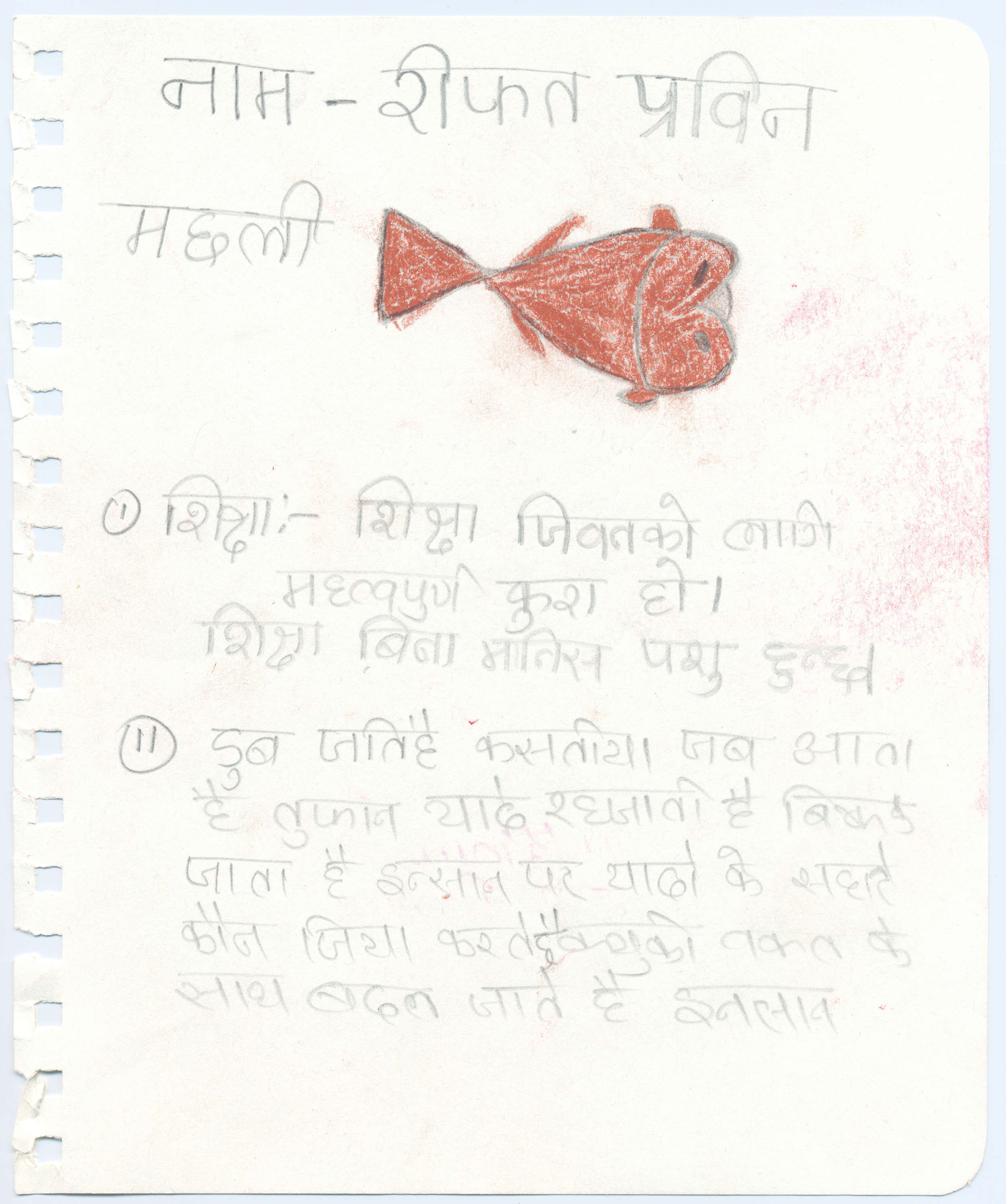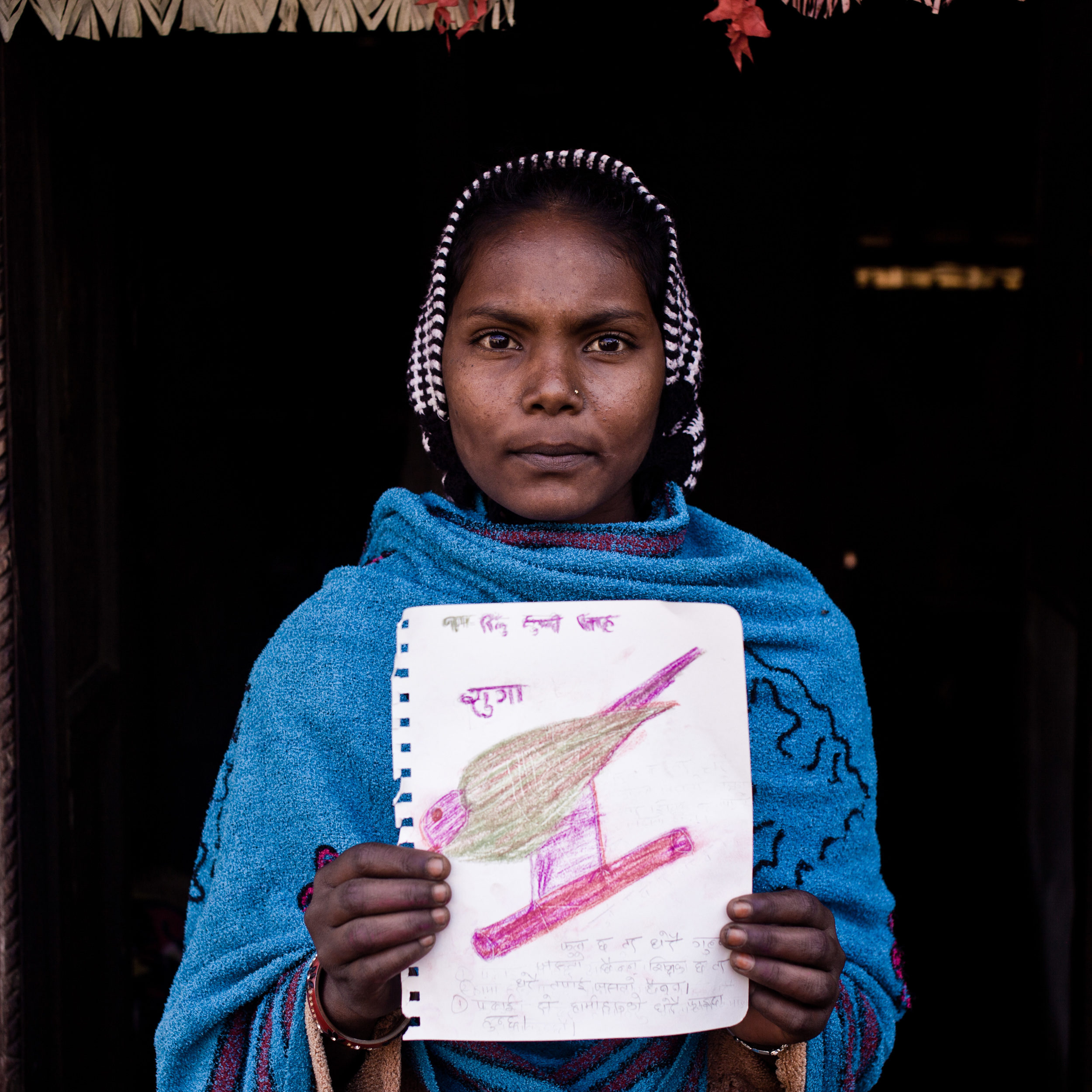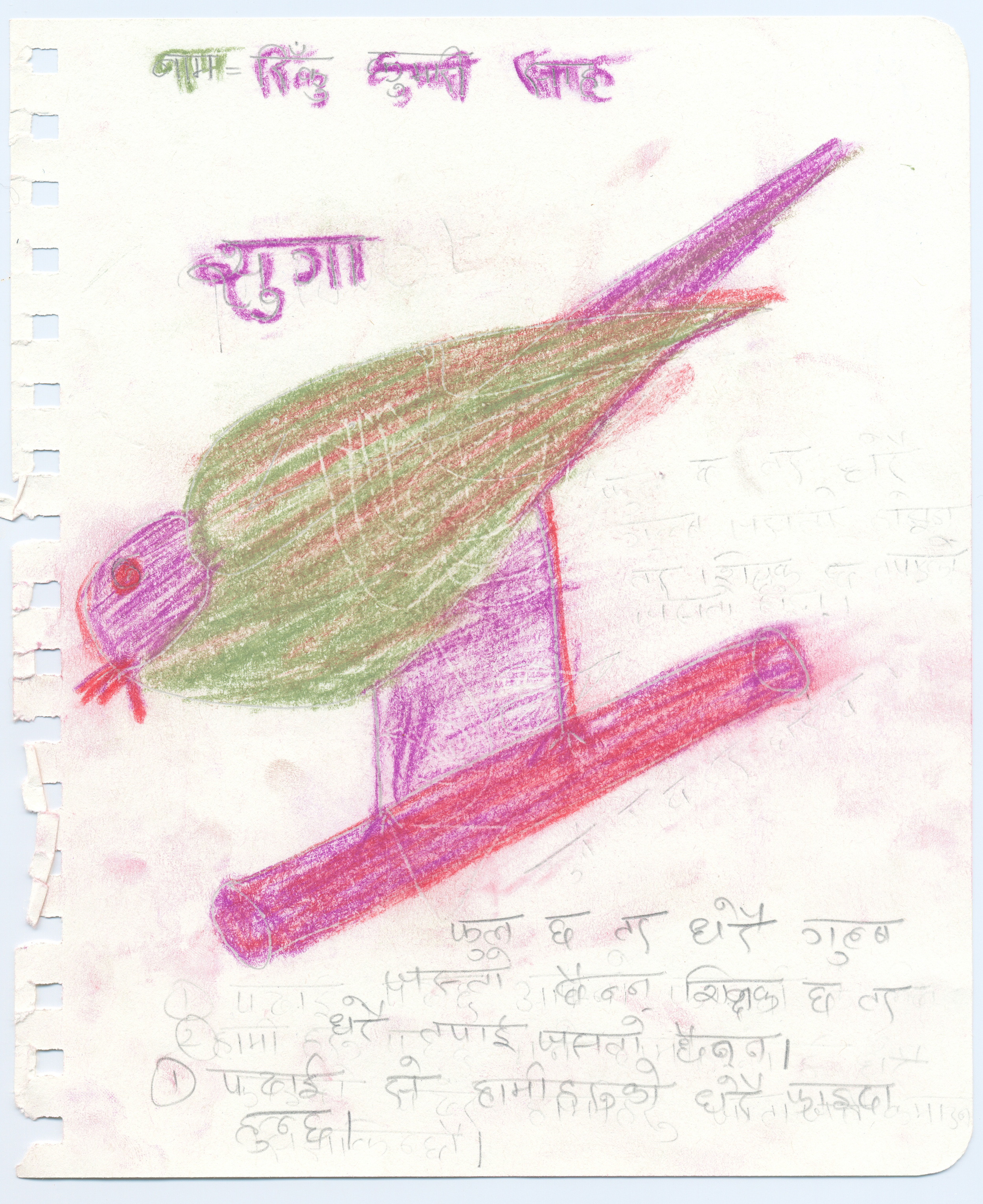Last year I was commissioned by the Legatum Foundation to spend time with several programmes supported by World Education Nepal, gaining an insight into their holistic approach to meeting the needs of the country’s most marginalised children.
Two of the projects I visited were in Rautahut, a district that snakes along the border of India. Though police guard official border posts, there is an open border policy between the two countries. I was up early and wanted to take a closer look; the closest crossing was a wide bridge straddling a dry river bed. The passage way was busy with trucks, cycle rickshaws, horse and carts, as well as many women and children simply walking across the river bed. I could see a few police checking vehicles, but no-one stopped me, so I carried on walking. There was nothing to mark the change in territory, no 'Welcome to India' signs, or anyone checking passports. I realised I was an illegal in India, with no visa or papers. It was that easy, even for me, whose red hair and pale skin made me very visible indeed!
My time at the Madrassa was particularly memorable. I was blown away by the girls and their community. They were all so bright and beautiful. Contrary to misconceptions about the Muslim view of women, here they believed all young women should be educated. The headteacher told me that education is important to these girls not only because it prevents exploitation of child labour but moreover:
‘If a man is educated, he keeps his knowledge to himself, but if a woman is educated her whole family will benefit as she will share her knowledge,’ he said.
As soon as classes finished I would be surrounded by a crowd of around 40 girls, who insisted on guiding me around their village. They took me by the hand and led me into each house, where I was made to sit and drink sweet tea. The girls would also crowd inside, where they sang songs to me. They insisted I reciprocate. Now, I am a terrible singer but the pressure was on to represent my country, so I sang the only song that came to mind. It is probably the only one I know all the words to because I went to a Church of England primary school, and took part in nativity plays every year. Yes, I sang Away in a Manger. I really have to work on my repertoire!
In Rautahat alone, World Education, in its 2011 census estimates there to be 42,000 out-of-school children. The town’s Madrassa, set up six years ago, integrates traditional Muslim education, such as learning the Koran, into mainstream education. Its pupils leave with recognised school certificates, as well as the value of cultural and religious teaching. Alice Carfrae met with the school’s headmaster who told her:
‘There was a lot of very hard labour to get to this point of education. The major concern is that Muslims here learn the Urdu language, but in Government schools it is not taught. The objective of the Madrassa is to be able to retain their language and still receive mainstream education.’
The education of girls is taken very seriously. Prior to the founding of the school, it was the fate of many girls in the region to go directly to work in sari factories. Educated girls are increasingly considered an asset because the likelihood of financial security via employment reduces the cost of the obligatory dowry. Now the Principal is hoping the Madrassa system – it costs nothing to attend - can be applied to higher education, all the way through to offering degrees in engineering, for example. Its ethos is one of respect for all, which precludes the use of the stick for disciplining children.





